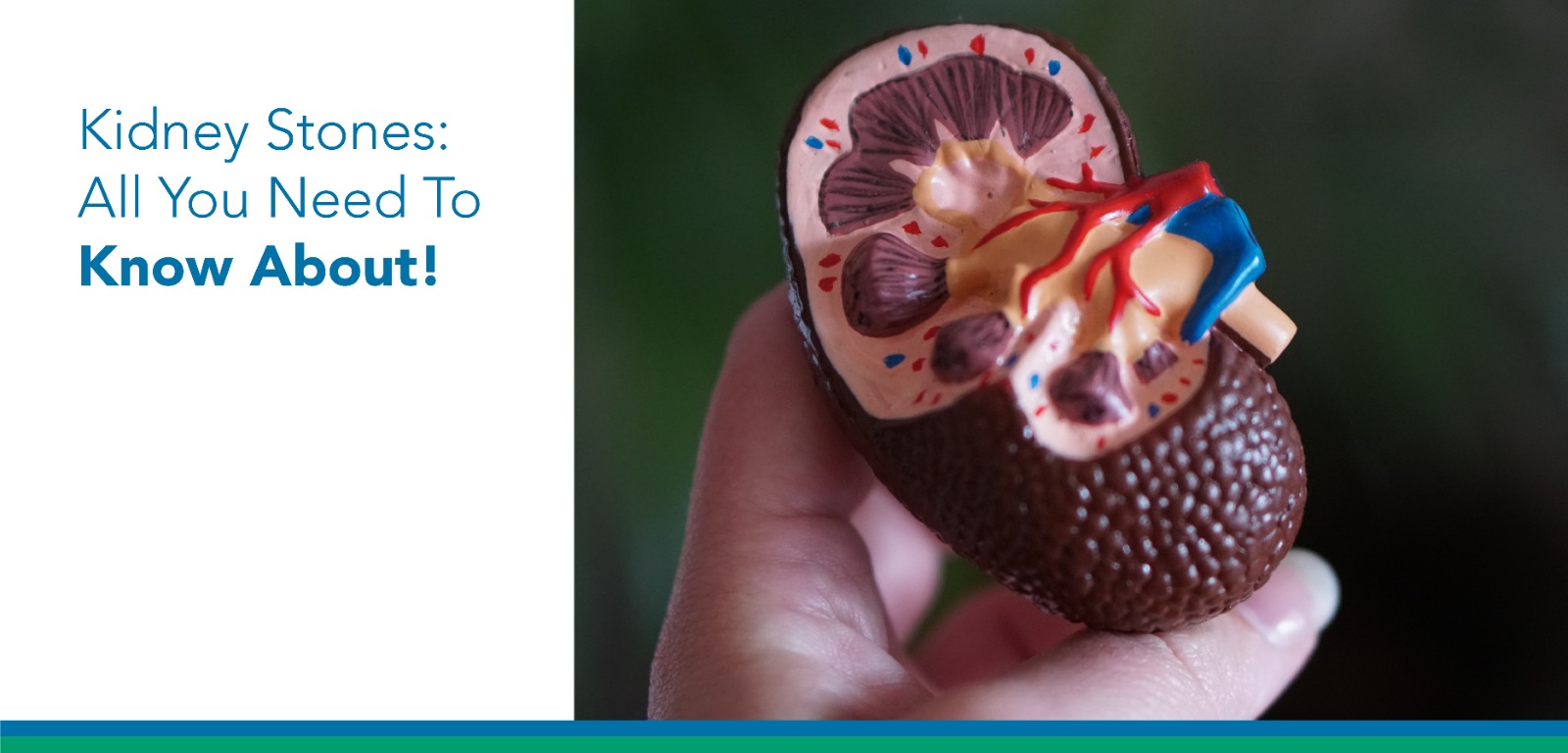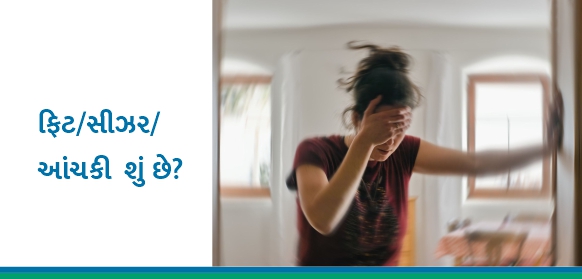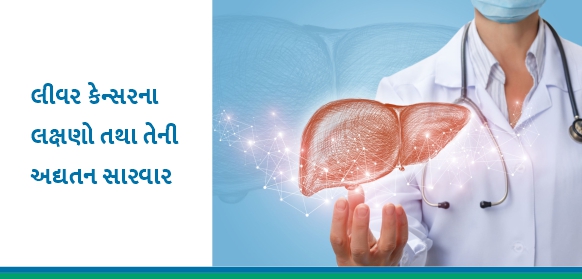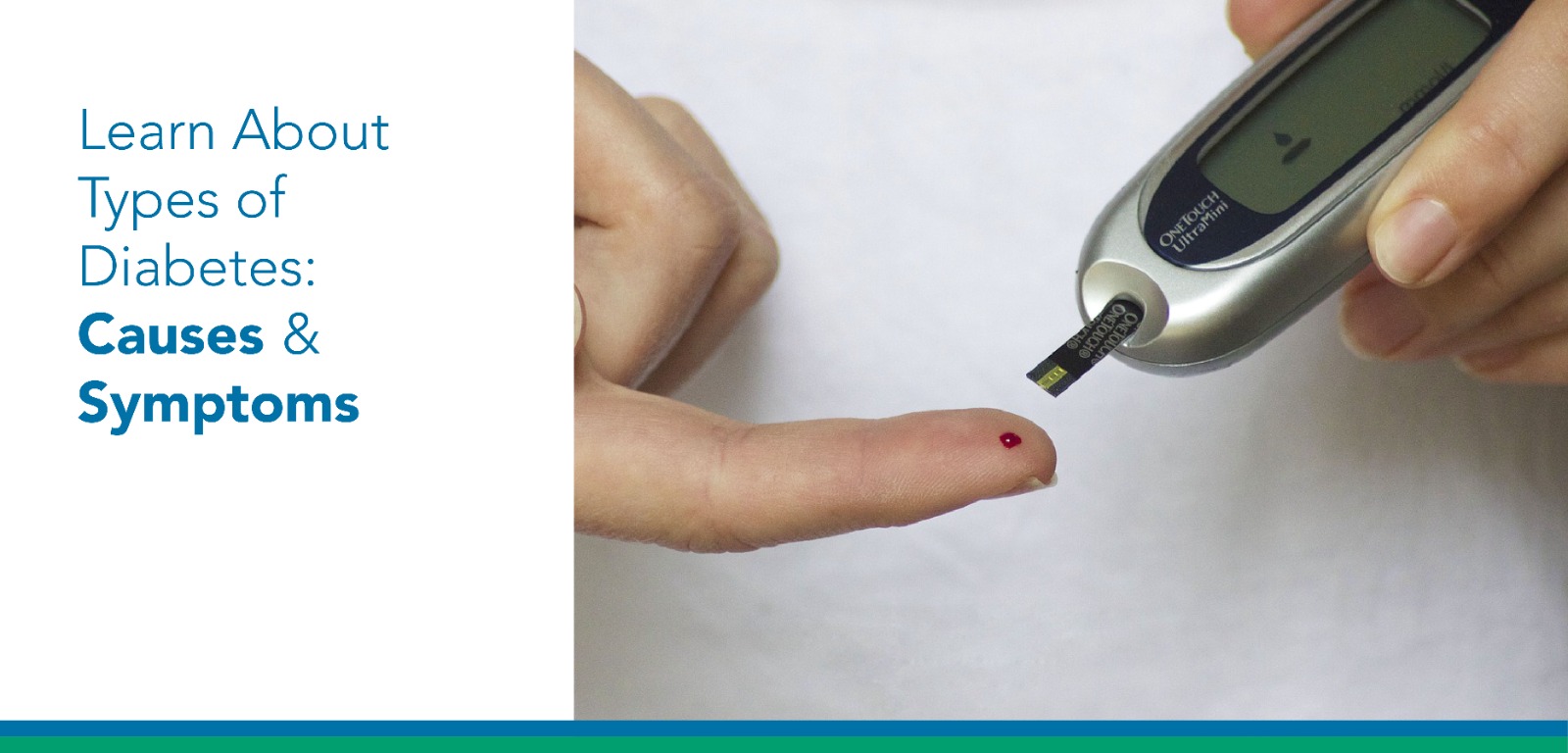Kidney Stones: All You Need To Know About!

Kidney stones may or may not be familiar to you. Whether you have them or not is irrelevant, the point is that you will never want them. One of the most excruciating body experiences a person may have is passing a kidney stone. Numerous factors may make a person more susceptible to kidney stones. Understanding the basics of kidney stones can help you take preventive action.
What is a kidney stone?
The primary role of kidneys is to eliminate waste products from the blood. The kidneys eliminate these waste materials in the form of urine. Kidney stones form when waste products cannot pass through the urine and remain in the kidneys. When waste products are unable to pass through the urine and remain in the kidneys, they form kidney stones.
A kidney stone is a strangely shaped solid lump or crystal that can range in size from a speck to a frisbee. A large kidney stone can get stuck in the tube that connects the kidneys with the bladder. The stone might prevent urine from leaving your body and cause bleeding if this happens. And if this stone is unable to pass out on its own, then you may need a kidney stone treatment.
In such a scenario – you need to visit the best urology Treatment & hospital in Ahmedabad and opt for the proper diagnosis and treatment for kidney stones. Kidney stone operation cost in Ahmedabad varies depending on the patient’s condition.
Types of kidney stones in the human body
There are four types of kidney stones in the body. One can easily avail of treatments for different types of kidney stones at Sterling Hospitals. These four types of kidney stones are classified as below:
Calcium stones
The most prevailing form of stone is this one. Calcium that the bones and muscles do not use; is stored in the kidneys. The additional calcium is usually excreted through the urine by the kidneys. When some calcium remains in the kidneys and accumulates over time, calcium stones form.
Struvite stones
Women are more likely to have Struvite stones. It usually develops as a result of a persistent urinary tract infection. The Struvite stones are a result of ammonia.
Uric acid stones
The presence of high quantities of uric acid in the urine promotes the formation of uric acid stones. If you follow a high-protein diet or have had chemotherapy, you may be at risk for this sort of stone.
Cystine stones
These stones are a rare occurrence. Cystine stones are caused by a genetic situation known as cystinuria.
Symptoms and Causes of Kidney Stones
You may be oblivious that you have had a kidney stone for years. Kidney stone symptoms usually do not appear until the stone travels around within your kidney or passes through the tubes that connect the kidneys and the bladder.
It can get stuck in these tubes, inhibiting urine flow and causing the kidney to expand and the ureter to strain, both of which are uncomfortable.
At this point, one may experience these signs of kidney stones:
-
Intense pain in the side and back behind the ribcage
-
Pain in the lower abdomen
-
Urinating causes pain or a burning sensation.
-
Urine that is cloudy or stinks
-
If an infection is present, fever and chills may occur.
-
Vomiting or nausea
Kidney stones are triggered by substances in the urine. These substances combine to form stones that travel through the system. When they don’t escape, it’s because there isn’t enough urine, causing the molecules to crystalize and become highly concentrated. It is mainly due to insufficient water intake.
The substances that develop stones are calcium, xanthine, oxalate, phosphate, cystine, and uric acid.
Once you notice the early signs of kidney stones – consult the best urologist in Ahmedabad to start your treatment asap.
Risk Factors of Kidney Stones
Kidney stones are caused by several factors as below:
-
Drinking an insufficient amount of liquids
-
Kidney stone disease runs in the family
-
Eating a high-protein, high-sodium, low-fibre diet
-
If you are male
-
Digestive diseases
-
Being motionless or bedridden for an extended amount of time
-
High urinary calcium levels
-
Taking specific medications
-
Metabolic disorders
-
Obesity
-
Chronic diarrhoea and Inflammatory bowel disease
When To See A Urologist?
Kidney stones can be both aggravating and excruciatingly painful. To avoid matters getting worse, you should see the Best urologist in Ahmedabad as soon as feasible.
The pain can become unbearable, and surgery may be necessary. If you have any kidney stone symptoms, contact your doctor. Opt for the best kidney stone treatment in Ahmedabad at Sterling Hospitals – Ahmedabad.
The sooner you receive kidney stone treatment, the less likely you develop complications. Also, keep in mind that kidney stones are only a temporary setback. They are not going to torment you indefinitely








